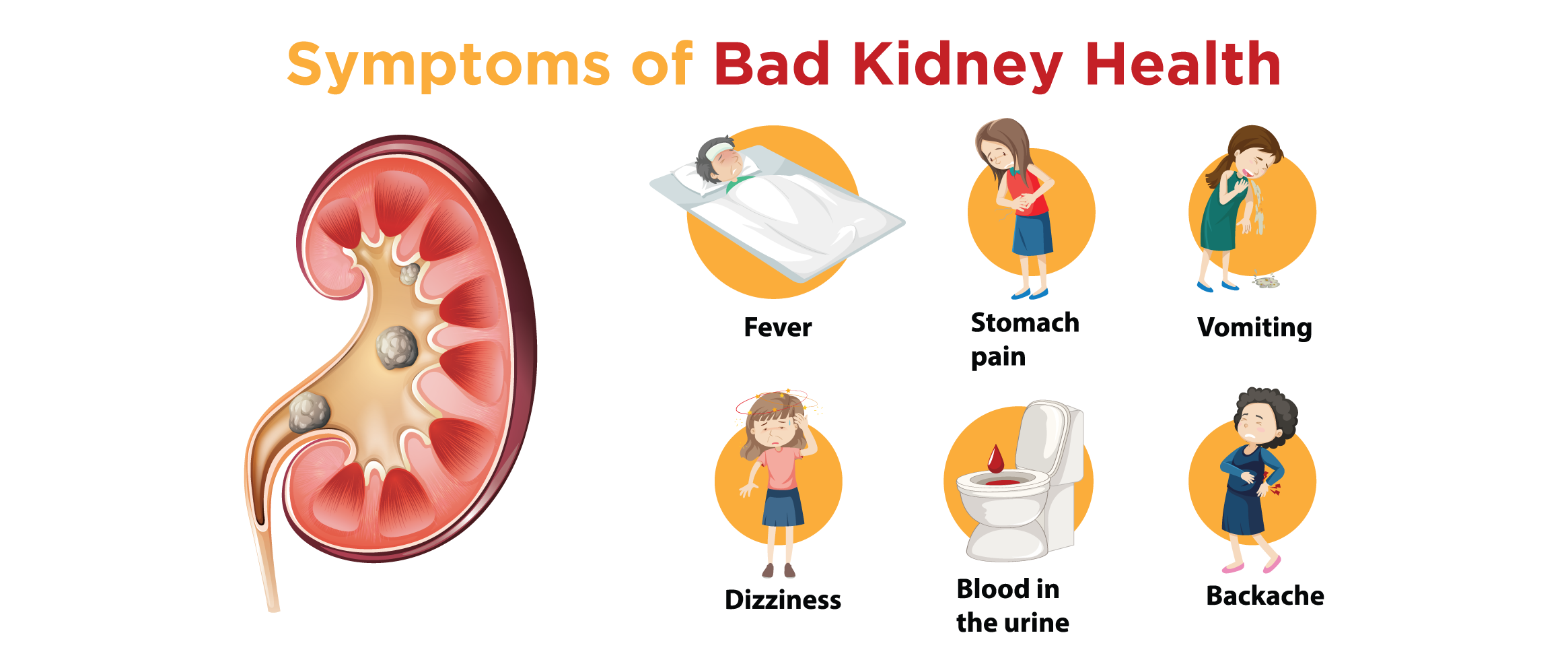Kidneys are essential in our body to remove waste materials. Excess water is removed from our bodies with the help of kidneys. Kidneys also help maintain the balance of crucial chemicals like potassium and calcium. Sometimes, kidneys stop functioning efficiently, and we have to face severe consequences. To determine the effectiveness of kidneys, a kidney biopsy test is required. A kidney biopsy can determine a damage/disease that cannot be determined otherwise. Doctors also want patients to undergo these biopsies to determine a course of treatment. The biopsy process involves taking one or more samples from your kidney. These samples are then studied under the microscope to determine any abnormality. Kidney issues are critical and need to be solved as soon as possible. If damage in the kidneys is overlooked, it might be life-threatening. A kidney biopsy will help collect the sample required for further studies in the lab.
What is Kidney Biopsy & Immunofluorescent Assay Test?
Kidneys are essential in our body to remove waste materials. Excess water is removed from our bodies with the help of kidneys. Kidneys also help maintain the balance of crucial chemicals like potassium and calcium. Sometimes, kidneys stop functioning efficiently, and we have to face severe consequences. To determine the effectiveness of kidneys, a kidney biopsy test is required. A kidney biopsy can determine a damage/disease that cannot be determined otherwise. Doctors also want patients to undergo these biopsies to determine a course of treatment. The biopsy process involves taking one or more samples from your kidney. These samples are then studied under the microscope to determine any abnormality. Kidney issues are critical and need to be solved as soon as possible. If damage in the kidneys is overlooked, it might be life-threatening. A kidney biopsy will help collect the sample required for further studies in the lab.
Sample from the kidney for a biopsy can be collected through the skin. A needle is inserted in the skin above the kidney. The needle is guided to the right place to collect samples via ultrasound. Sometimes, surgeons take sample cells direct from the kidney. During surgery, they collect the kidney sample from the patient. After the kidney sample is collected, it is time for an immunofluorescent assay. It is a powerful approach used for cellular studies and microscopy.
There are two types of immunofluorescent assays used by lab technicians, direct and indirect. Usually, indirect immunofluorescent assay takes more time to produce results than direct immunofluorescent assay. However, lab technicians require kidney samples first to perform further studies.
Who Should Get a Kidney Biopsy & Immunofluorescent Assay Test?
People suffering from kidney-related diseases will need a kidney biopsy test. If your body starts showing symptoms of kidney failure, your doctor will suggest a kidney biopsy test. A kidney biopsy is also needed to monitor the course of kidney treatment. How do doctors know that the patient requires a kidney biopsy? When a patient’s lab tests denote abnormal protein levels in the body, the doctor asks for a kidney biopsy. Several bodily symptoms that indicate the requirement for a biopsy test are as follows:
- Hematuria (Blood in urine)
- Protein discharge in urine
- Nephrotic syndrome
- Inflammatory kidney disease symptoms
- Kidney tumour symptoms
- Significant red clots in the urine
Why Get Tested for Kidney Biopsy & Immunofluorescent Assay?
When kidneys start functioning abnormally, they cannot discharge waste materials from the body. Damaged kidneys also start discharging necessary proteins from the body. It is why one cannot ignore a kidney-related issue for long. You need a kidney biopsy to determine any scarring or inflammation in the kidneys. Kidney infections are also determined with the help of kidney biopsy and immunofluorescent assay. Sometimes, unusual deposits of protein are found in a damaged kidney. With the help of a kidney biopsy, abnormal deposits can be discovered. A kidney biopsy and immunofluorescent assay will help determine which parts of the kidney are damaged. In short, you need a kidney biopsy to determine any abnormality in your kidneys.
When Get Tested for Kidney Biopsy & Immunofluorescent Assay?
One should opt for a kidney biopsy after discovering symptoms of kidney failure. Ensure that you opt for a kidney biopsy immediately after discovering symptoms of kidney damage or inflammation. There’s no point in delaying kidney damage, scarring, or inflammation. People undergoing kidney treatment might need a biopsy every year/quarter to determine the effectiveness of the treatment. Normal people can also opt for a kidney biopsy test at frequent intervals to ensure their kidneys are in perfect condition.
Sample Required
As discussed above, lab technicians will collect kidney tissues as samples. Kidney tissues are collected in small amounts for microscopy and immunofluorescent assay. The collected sample is then forwarded to the lab for further study. Kidney tissue samples can be collected via a needle. Sometimes, doctors collect samples directly from the kidney during surgery.
Is Fasting Required Before a Kidney Biopsy & Immunofluorescent Assay Test?
You will have to fast before taking a kidney biopsy test. Your doctor might ask you to not eat or drink anything for at least eight hours before a kidney biopsy test. Doctors might also ask you to stop taking pain tablets before a kidney biopsy test. You might have to stop medicines like aspirin and ibuprofen before taking a kidney biopsy test. Consult with your doctor to know the necessary precautions for a kidney biopsy & immunofluorescent test.


















